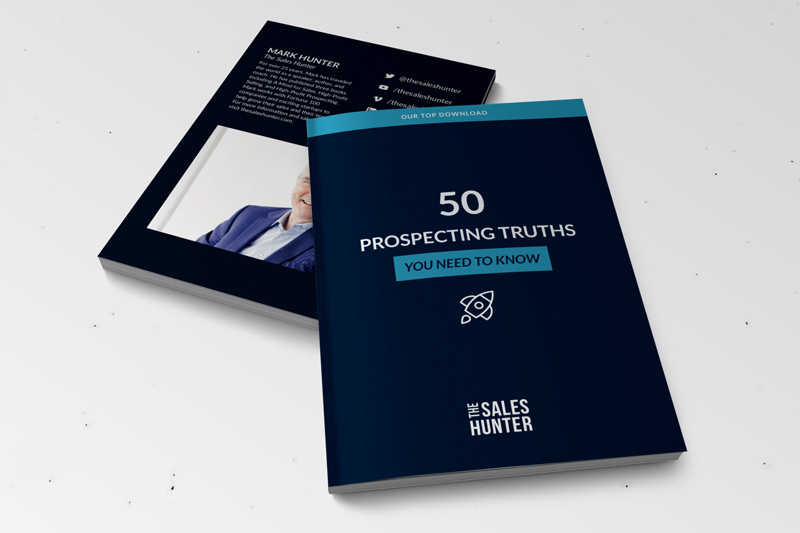Recently, I was speaking at a large conference on the subject of how to maintain your price and avoid discounting. After the presentation a business person approached me and asked what my strategy would be if they needed to discount their price to create cash flow. Not an easy question to answer.
I could easily throw out a response about the reason somebody has to do this is because they haven’t done a good enough job of building their pipeline or how they haven’t invested enough in the right type of marketing. Sorry, that’s not the answer a person is looking for when faced with the issue of cash flow.
Let’s put the long-term issue of cash flow aside and all the discussion about having a marketing plan, etc. and deal with here and now.
Cash flow is a huge issue to a lot of companies, large and small. I would be lying if I didn’t say that even in my own company we’ve experienced periods of tight cash flow. The question we’re answering is if cutting a price to get a deal is a smart way to create cash flow.
Here is my answer:
First, before making any decision about cutting a price to create cash flow, think about how you can maintain the price point and offer the customer more value. Cash is king, I first heard that phrase spoken by Donald Trump and I’ve never forgotten those three words.
Offer your customer more of something. Anytime you can close the sale at the original price, you’re going to be better off. Just be careful in what your additional offering is.
Last thing you want to do is offer the customer something more that ultimately winds up costing you more in cash long-term. Notice I said cash. I’ll give up some percent margin before I’ll give up cash.
Before you look at offering the customer more, you have to ask yourself if cutting the price is even necessary. Many times I’ve found salespeople will cut their price only out of a false belief that that is what is needed to close the sale. You might say the salesperson or business owner is panicking over what they believe, not what the customer believes.
Before thinking of cutting your price, make sure the customer fully understands what the value proposition is and you know what benefits the customer wants. Too many times salespeople will flinch and offer a reduced price in their mind to save a sale, when in reality they have not even completed the selling process.
If what you’re selling is bought solely in an auction type of environment and cutting your price is the only way you know you can get the deal, then yes, it does become an option you can use.
The problem is when you cut your price for one customer, you have to ask yourself, “What signals am I sending to others?” If all of your current and potential customers are going to find out, then all you’ve done is move yourself into a permanent state of always having an issue with cash flow. The reason is simple — you’ll now be selling everything at a lower price.
Second issue is what it tells your competitors and how will they respond? If they respond by cutting their prices to match yours, then congratulations — you’ve now entered what I call “pricing death spiral.” This is when one person cuts their price and everyone follows. I have one response — stupid! Many times this is only broken when one company ultimately goes out of business or leaves the marketplace to focus on something else.
If you do need to cut your price to gain a sale to create cash flow, then it’s imperative you do it in a way that will not send signals to other customers or competitors. Make sure the customer is isolated enough and the customer is not going to become a long-term customer.
Last thing you want to do is discount a price for a customer on one sale to create cash flow, only to have them expect the same reduced price for years to come. This is why I’m a big proponent of building a marketing strategy that allows you to sell to different markets or industries. This will allow you to use one set of customers if necessary to help you with cash flow.
Only you can decide if discounting your price is a good way or bad way to create cash flow. Make sure you think it through.
Copyright 2011, Mark Hunter “The Sales Hunter.” Sales Motivation Blog.











